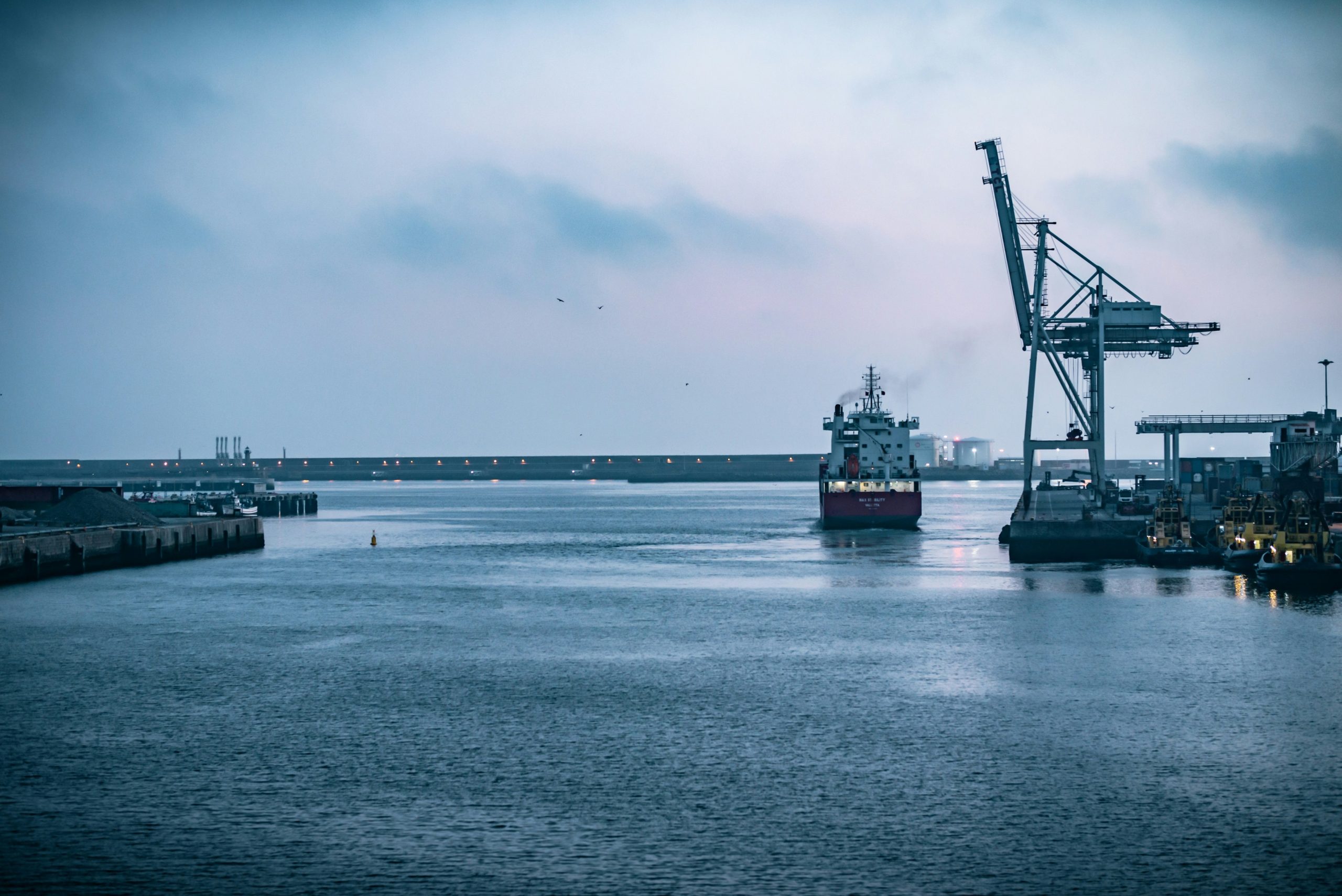A Comprehensive Guide to Customs Clearance: Registration, Process, Eligibility, Documentation, Timeframe, and Costs
Introduction:
Customs clearance is a crucial step in international trade that involves the submission and approval of necessary documents to enable the legal entry and exit of goods across borders. Customs clearance agencies play a pivotal role in facilitating this process, ensuring compliance with regulations and minimizing delays. This article provides a detailed overview of the customs clearance agency and process, covering aspects such as registration, eligibility, documentation, timeframe, and costs, with a focus on the customs clearance process in Dubai.
Registration Process:
To engage in international trade and utilize the services of a customs clearance agency, businesses must first register with the relevant customs authorities. The registration process typically involves submitting an application along with essential documents such as the company’s incorporation certificate, tax identification number, and proof of address. Upon successful registration, the business is assigned a unique customs registration number, allowing it to participate in international trade activities.
Eligibility Criteria:
While eligibility criteria may vary by country, businesses engaging in import or export activities are generally required to register for customs clearance. Small and medium-sized enterprises (SMEs) and large corporations alike can benefit from utilizing customs clearance services to ensure the smooth flow of goods across borders. Compliance with local laws and regulations is essential to maintaining eligibility for customs clearance services.
Documentation Requirements:
The documentation required for customs clearance is extensive and varies based on the nature of the goods and the countries involved. Commonly required documents include commercial invoices, packing lists, bills of lading, certificates of origin, and any relevant permits or licenses. Customs clearance agencies guide businesses in compiling and submitting the necessary paperwork to meet regulatory standards.
Customs Clearance Process:
The customs clearance process involves several key steps:
a. Preparing Documentation: Businesses must compile and submit all required documentation to the customs clearance agency.
b. Customs Declaration: A customs declaration form detailing the goods being imported or exported must be submitted. This includes information on the type of goods, quantity, value, and country of origin.
c. Customs Inspection: Customs authorities may conduct inspections to verify the accuracy of the submitted information and ensure compliance with regulations.
d. Duty and Tax Assessment: Customs officials assess applicable duties and taxes based on the declared value and nature of the goods.
e. Customs Release: Once all requirements are met, customs issues a release allowing the goods to enter or leave the country.
Customs Clearance Process in Dubai:
Dubai, being a major international trade hub, has a well-established customs clearance process. The Dubai Customs Department oversees this process, ensuring the efficient movement of goods through the emirate. The process in Dubai follows similar steps as outlined above, with a focus on accuracy, efficiency, and compliance with the emirate’s regulations. Businesses operating in Dubai often rely on experienced customs clearance agencies to navigate the local requirements and expedite the clearance process.
Time Frame:
The time frame for customs clearance varies depending on factors such as the complexity of the shipment, the accuracy of documentation, and any potential delays. Efficient customs clearance agencies streamline the process, minimizing the time goods spend in transit. Generally, the process can take anywhere from a few days to several weeks.
Costs Involved:
Customs clearance costs comprise various elements, including customs duties, taxes, and the service fees charged by the customs clearance agency. Businesses should factor these costs into their overall logistics budget. The amount paid is influenced by factors such as the value of the goods, the shipping method, and any additional services required during the customs clearance process.
Custom Clearance Agency:
A customs clearance agency acts as an intermediary between businesses and customs authorities, facilitating the smooth passage of goods through international borders. These agencies are well-versed in the intricacies of customs regulations, ensuring that businesses adhere to all legal requirements. They play a crucial role in preparing and submitting accurate documentation, handling customs declarations, and navigating the complexities of the customs clearance process. In Dubai, numerous customs clearance agencies specialize in providing efficient and reliable services, contributing to the emirate’s status as a global trade hub.
Clearing Agency Process:
A clearing agency, often synonymous with a customs clearance agency, is responsible for the meticulous preparation, submission, and processing of all required documents to ensure the seamless movement of goods through customs. Their expertise lies in navigating the regulatory landscape, facilitating communication between businesses and customs authorities, and addressing any issues that may arise during the customs clearance process. Clearing agencies in Dubai leverage their knowledge of local regulations to expedite the movement of goods and minimize any potential delays.
Dubai Customs Clearance Process:
The customs clearance process in Dubai is streamlined and efficient, owing to the emirate’s strategic location and commitment to facilitating international trade. Dubai Customs, the government entity overseeing customs affairs, plays a pivotal role in ensuring compliance with regulations. The process involves thorough document verification, inspection procedures, and the assessment of duties and taxes. Customs authorities in Dubai employ advanced technology to expedite processes, such as the implementation of the Dubai Trade Single Window platform, which allows for the submission of all customs-related documents through a unified portal.
Digitalization and Automation:
In recent years, the customs clearance process has undergone significant digitalization and automation, contributing to increased efficiency and reduced paperwork. Many countries, including the United Arab Emirates, have embraced digital platforms to streamline customs procedures. Electronic submission of documents, automated clearance systems, and online payment options have become standard practices, accelerating the overall clearance process.
Challenges and Considerations:
While the customs clearance process aims to facilitate international trade, businesses should be aware of potential challenges. Customs regulations may change, requiring businesses to stay updated to ensure compliance. Unexpected delays, such as customs inspections, can impact timelines. Choosing a reliable customs clearance agency and staying informed about the latest regulatory developments are essential for navigating these challenges successfully.
Continuous Improvement:
Governments and customs authorities worldwide are continuously working to enhance and simplify the customs clearance process. This includes the implementation of trade facilitation measures, harmonization of customs procedures, and the development of digital platforms. Businesses should stay proactive in adopting these improvements to optimize their international trade operations.
Conclusion:
Navigating the customs clearance process is a critical aspect of international trade, and businesses must understand the intricacies involved. By partnering with a reputable customs clearance agency, companies can ensure compliance, minimize delays, and streamline the movement of goods across borders. This comprehensive guide provides an overview of the registration process, eligibility criteria, documentation requirements, customs clearance process, timeframes, and costs, with a specific focus on the customs clearance process in Dubai, empowering businesses to engage in international trade with confidence and efficiency.


